A Yoruba socio-development organisation, the Majeobaje Community Development Initiative, has endorsed President Bola Ahmed Tinubu for a second term, urging Nigerians to rally behind his administration as the country battles persistent security challenges and implements sweeping economic reforms.
Speaking at a press conference in Ibadan on Monday, the group’s representative, Chief Akintayo Akin-Deko, said Nigeria must close ranks to confront “forces undermining its stability.” He traced the escalation of insecurity to 2014, noting that by 2019 the situation had worsened with widespread killings involving IPOB gunmen, bandits, and terrorists.
Akin-Deko warned that the deteriorating security climate had drawn international scrutiny, including allegations of jihadist expansion and foreign threats of intervention. He stressed that the situation required Nigerians to “stand firm and wholeheartedly embrace the government of President Bola Ahmed Tinubu.”
Despite doubts expressed by some citizens ahead of the 2023 polls, Akin-Deko said President Tinubu had shown “bold and technocratic leadership,” tackling long-standing structural issues. He praised Tinubu’s background as a trained accountant, former multinational executive, and “problem-solver” who understands governance fundamentals and investor confidence.
He noted that Majeobaje—which brings together farmers, professionals, business leaders, and scholars—has consistently promoted good governance and regional development. According to him, the President’s policies align with the organisation’s priorities, even as “detractors of the administration are pushing back hard.”
On economic reforms, the group defended the removal of fuel subsidy and the floating of the naira, acknowledging the hardship they caused but insisting the measures prevented national bankruptcy and boosted revenue. Akin-Deko pointed to the jump in FAAC allocations—from N655 billion in April 2023 to N2.1 trillion in September 2025—as proof of progress.
He added that the expanded revenue gave state and local governments unprecedented capacity to deliver projects, while the N6.9 trillion earmarked for 2025 constituency projects marked “the most targeted development spending Nigerians have ever seen.” He, however, urged citizens to hold public officials accountable.
Akin-Deko also hailed the South-West Development Commission (SWDC), established in March 2025 with a ₦674 billion takeoff fund, saying it would strengthen regional growth and deepen federalism.
He accused “economic saboteurs and their foreign backers” of resisting ongoing reforms, warning Nigerians against actions that could derail recent gains. On security, he criticised past administrations for weak responses, citing episodes such as the arrest of Iskilu Wakili in 2021 and the 2022 Owo church massacre.
Akin-Deko alleged that, in some instances, security personnel had been accused of aiding criminals and faulted the former Inspector-General of Police for banning shotguns used by licensed hunters while armed herders operated unchecked.
He said the Tinubu administration had since taken decisive steps, raising defence spending from N1.55 trillion in 2023 to N6.57 trillion in 2025, recruiting additional personnel, and restructuring security agencies for better coordination. He credited the revitalised National Forest Guards and their state units with improving surveillance and response.
Reacting to former U.S. President Donald Trump’s recent claims of genocide against Christians in Nigeria, Majeobaje described the allegations as “prejudicial and exaggerated,” warning that foreign powers often used such narratives as a pretext for interference. However, Akin-Deko said the comments should inspire Nigerians to seek unity and pursue reconciliation grounded in justice.
He called for tougher action against terrorists and their sponsors, including individuals named in the UAE’s terrorism-financing report, insisting that “the only effective response to these evil people is uncompromising force.”
The group also raised concerns about youth radicalisation—from almajiri children to Niger Delta militants and emerging street gangs in the South-West—and urged Nigeria’s allies to intensify support for counter-insurgency efforts.
Rejecting any talk of coups or foreign intervention, Majeobaje argued that opposition parties lacked the leadership capacity required at this critical time. It expressed confidence that Tinubu’s re-election in 2027 would pave the way for deeper constitutional reforms through a two-thirds legislative majority.
“We therefore urge Nigerians to embrace President Bola Ahmed Tinubu and, come 2027, support his second-term bid,” Akin-Deko declared.


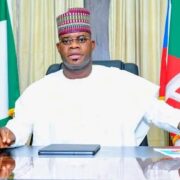
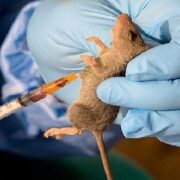
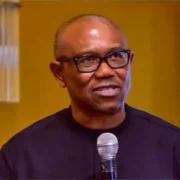

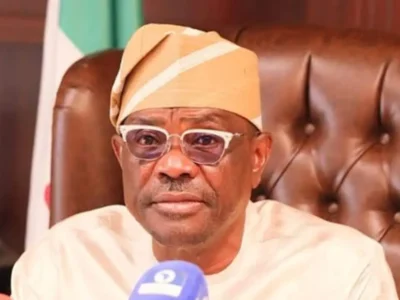
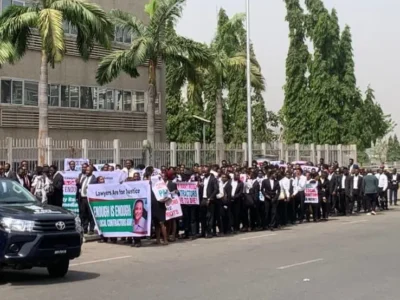
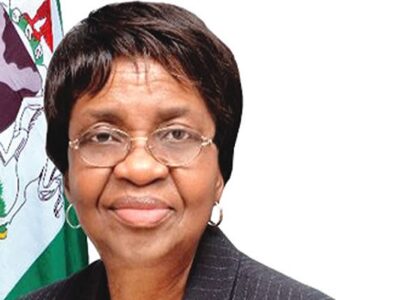
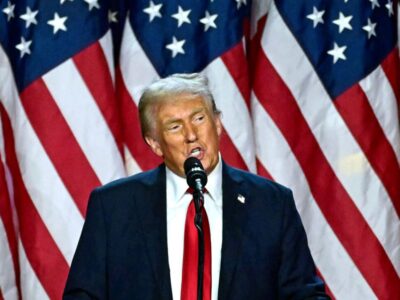









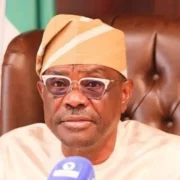
Comments